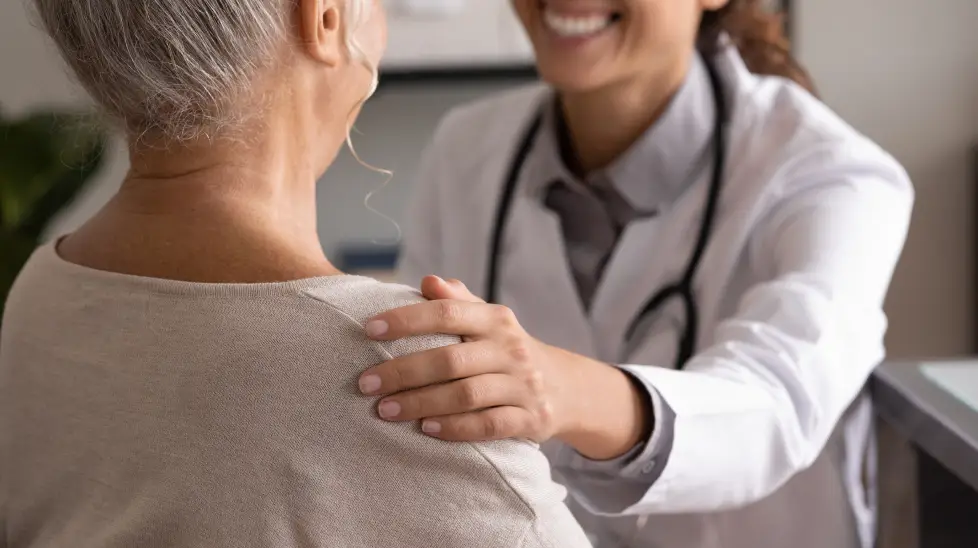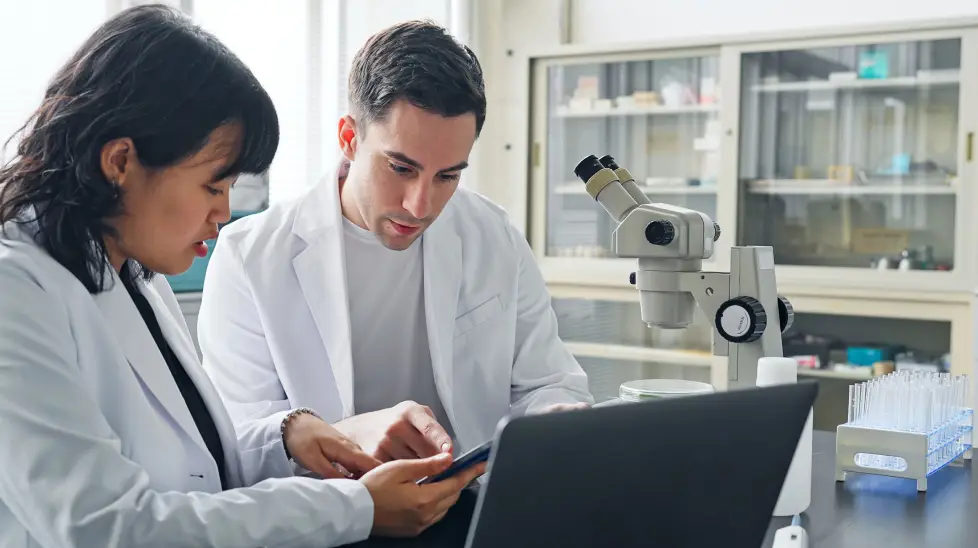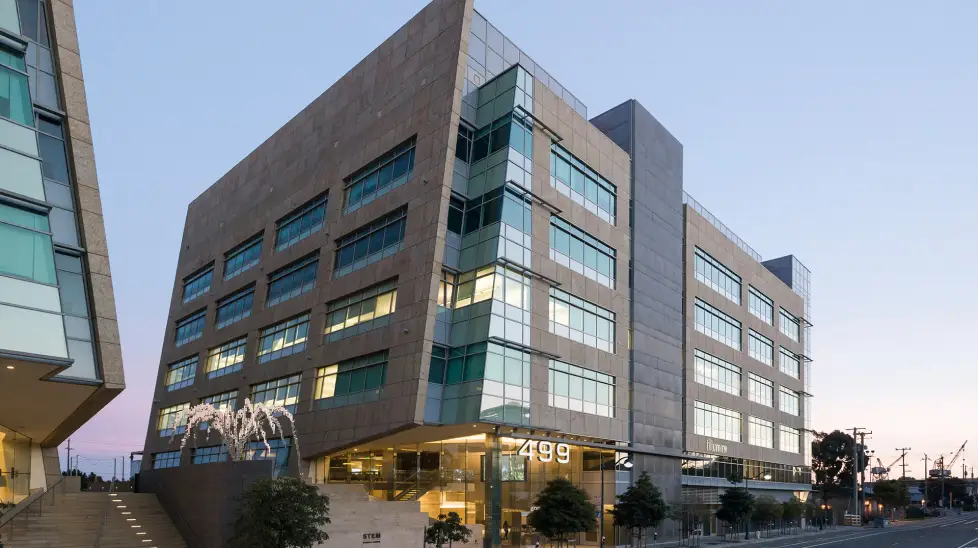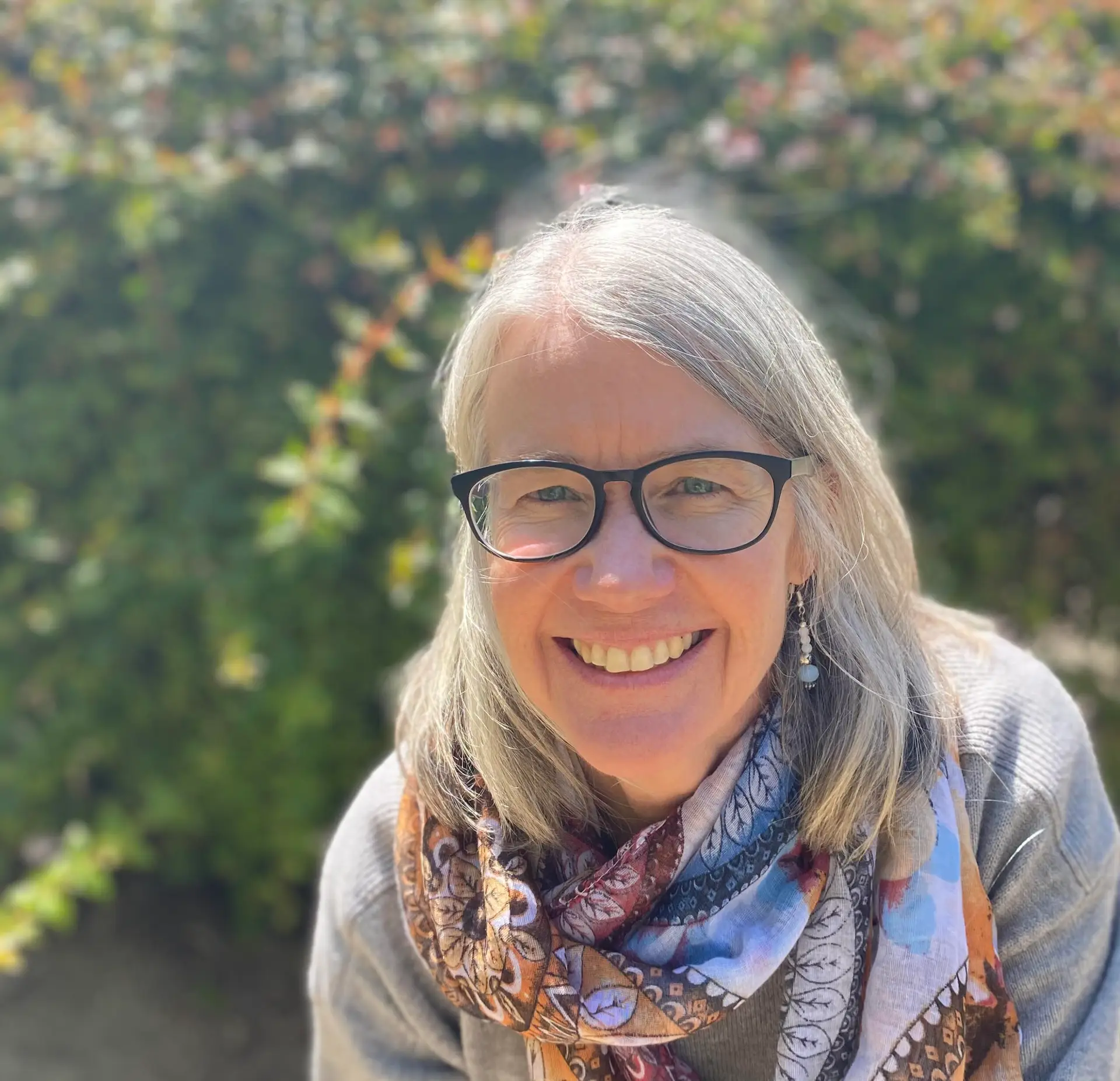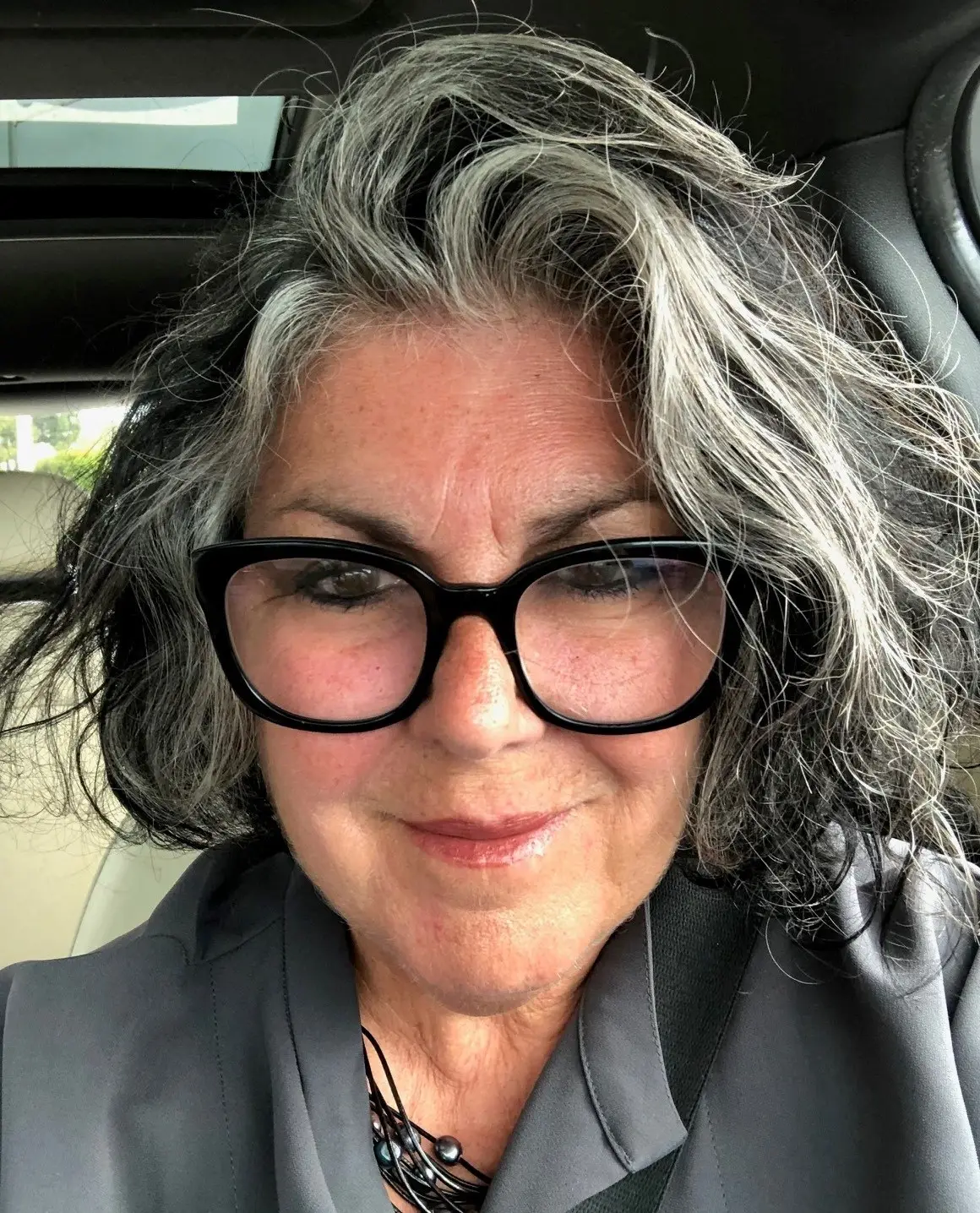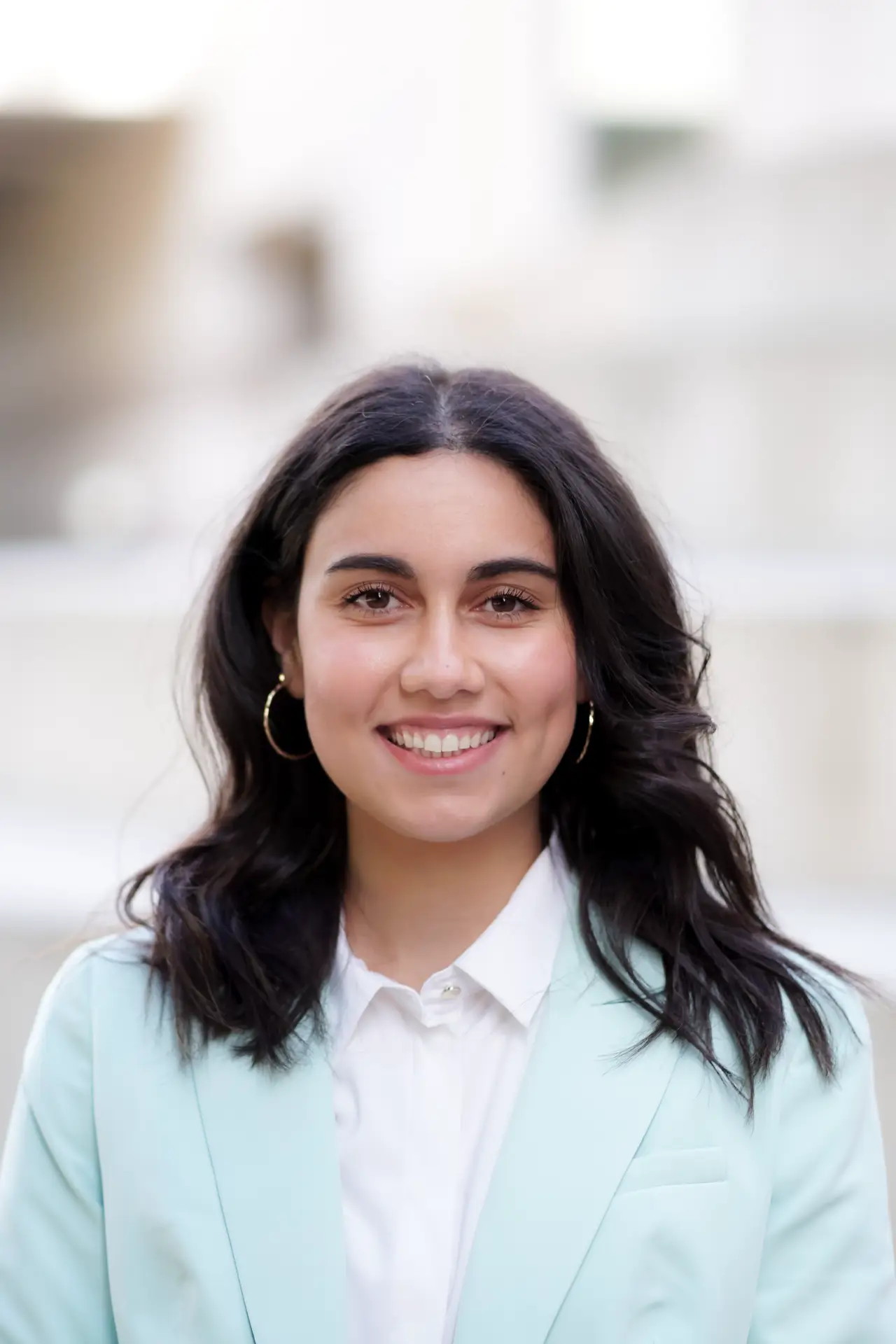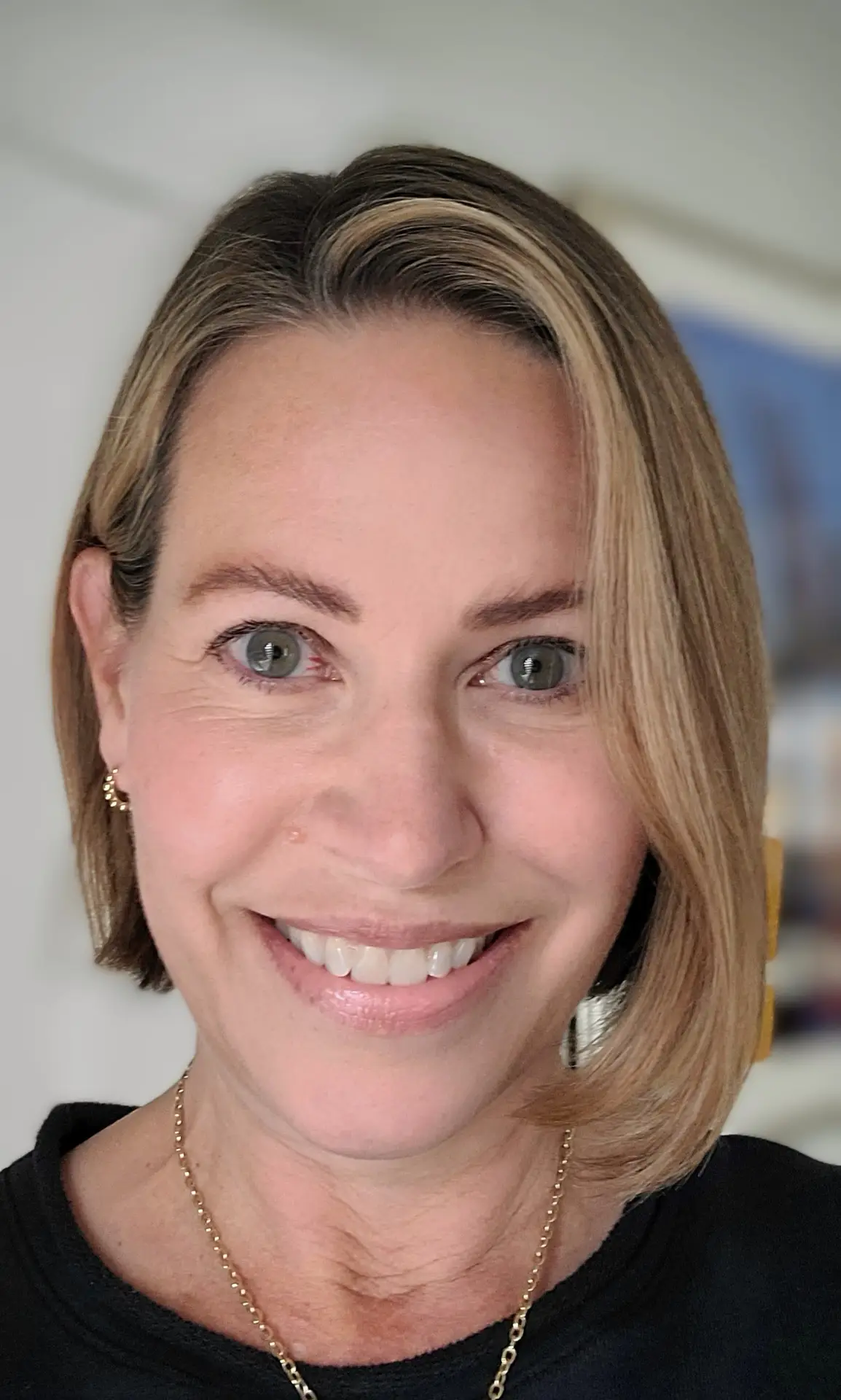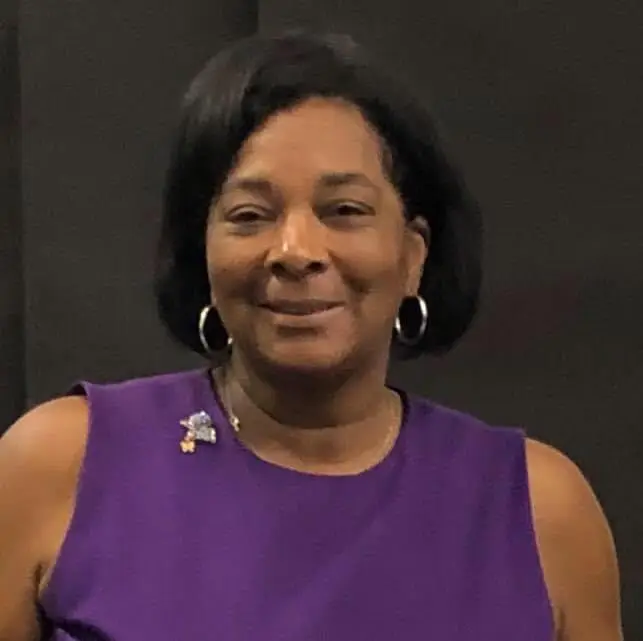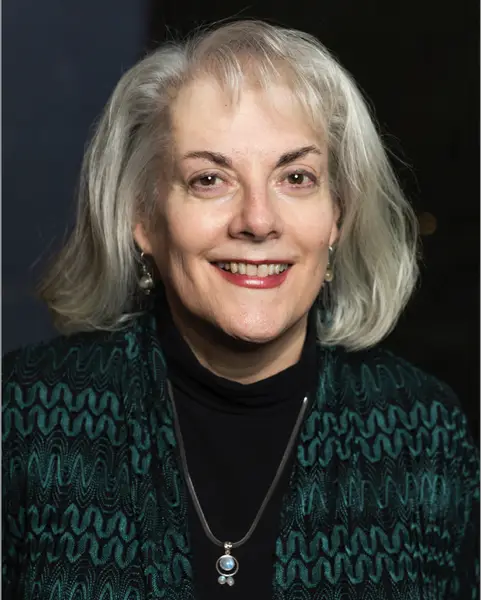Improved Classifications May Increase Precision in Targeted Therapies
SAN FRANCISCO, June 6, 2022 /PRNewswire/ — Research scientists and statisticians from UC San Francisco have developed improved biomarker classifications as part of their research results in the I-SPY 2 trial for high-risk breast cancer patients. The new cancer response subtypes reflect responsiveness to drug treatments and are intended to help clinicians be more precise in how they target therapies.
I-SPY 2, sponsored by Quantum Leap Healthcare Collaborative (QLHC) who manages all of the collaborations among academic and industry partners, announced that these new subtypes will move forward in the next iteration of the trial I-SPY 2.2.
Using the I-SPY 2 (Investigation of Serial Studies to Predict Your Therapeutic Response with Imaging And moLecular Analysis) trial’s comprehensive multi-omic molecular characterization of all tumors and the diverse array of drugs targeting different molecular pathways, the I-SPY 2 researchers were able to access the associated datasets to create breast cancer subtypes to match modern treatments.
The researchers found that by combining predictive biomarkers to create response predicting breast cancer subtypes, these subtypes can then be matched to the most effective modern treatments. The best subtyping schemas incorporate Immune, DNA repair, Luminal, and HER2 phenotypes, Treatment assignment using these response predictive subtypes may improve the efficacy of the treatment and patient outcomes.
The researchers recently published their findings online in Cancer Cell: “Redefining Breast Cancer Subtypes To Guide Treatment Prioritization And Maximize Response: Predictive Biomarkers Across 10 Cancer Therapies,” which outlines the newly defined breast cancer response subtypes and improved classifications.
Using the I-SPY2-990 mRNA/phospho-protein Data Resource from nearly 1000 patients who participated in 10 arms of the I-SPY 2 TRIAL, researchers evaluated 27 predictive I-SPY 2 qualifying biomarkers which led to the development of a response-predictive subtyping schema for prioritizing therapies. First authors Denise Wolf, PhD, and Christina Yau, PhD, both of UCSF, used gene expression, protein levels and response data from 10 drug-arms of the I-SPY2 neoadjuvant trial to create new breast cancer subtypes that incorporate tumor biology beyond clinical hormone-receptor (HR) and HER2 status.
“Use of these response predictive subtypes can be used to guide treatment prioritization, will increase response, and will revolutionize the way in which physicians treat their patients” said Laura van ‘t Veer, PhD, Co-Director of the UCSF Breast Oncology Program and lead scientist for the I-SPY 2 biomarker studies.
The triple negative, as well as the HER2 negative hormone receptor positive high-risk groups, are divided into 3 different response predictive subtypes; the HER2 positive groups is divided into 2 response predictive subtypes. The researchers demonstrate that use of the subtype schema representing several drug targetable pathways allows more appropriate classification of tumors and is an improvement over current standard methods.
The I-SPY 2 trial is considered the archetype of a new approach to clinical trials. Rather than the traditional ‘one drug, one disease’ model for drug development, it is a ‘platform’ trial. I-SPY 2 evaluates multiple drugs (or combination of drugs) in parallel with the goal of determining which drugs work best in various types of breast cancer. I-SPY 2 is also designed for efficiency and speed, by employing an ‘adaptive’ statistical model. The results of each patient are used to refine how the investigational drugs are assigned to new patients. Because of its approach, I-SPY 2 can achieve similar results in a fraction of the time with fewer patients than traditional trials. The goal is to get the right drug to the right patient. These new response predictive subtypes help to better characterize a person’s tumor and from that determine if they are likely to respond to specific treatments such as immune checkpoint blockade.
“The past ten years of treating patients within the I-SPY program has taught us that the standard biomarker tests that we use today do not allow us to optimize treatment for our patients, said Laura Esserman, MD, Co-Director of the UCSF Breast Oncology Programand Director of the UCSF Breast Care Center as well as I-SPY 2 principal investigator. “The whole I-SPY team is truly excited to see these results and improve the way we target our therapies. It is an important advance for patients, and a clear demonstration that the I-SPY model can not only accelerate the development of new cancer treatments, it can also target treatment to the patients who will benefit most. That means increasing the chance a drug will lead to a cure and minimizing the use of other therapies that may not be useful or add toxicity.”
The I-SPY 2 network will prospectively test the response-predictive subtyping schema in I-SPY2.2, an upcoming version of the I-SPY2 trial that incorporates a sequential multiple assignment randomize trial (SMART) scheme and adapts treatment within individual patients based on biology and response.
The I-SPY2-990 mRNA/RPPA Data Resource is now publicly available. “This dataset will be an invaluable resource to the breast cancer research and drug development community, and ultimately to patients,” said Esserman.
ASCO Presentations Using Response Subtypes from I-SPY2 Trial Data
In addition to the findings presented in this study, three abstracts to be presented at ASCO 2022 this week include use of I-SPY data and show improvement of response prediction by the new subtype schema within the traditional breast cancer receptor subtypes. These studies include:
Improved Pathologic Complete Response Rates for Triple-Negative Breast Cancer in the I-SPY2 Trial
About I-SPY and the I-SPY 2 TRIAL
The I-SPY (Investigation of Serial Studies to Predict Your Therapeutic Response with Imaging And moLecular Analysis) TRIAL is conducted by a consortium that brings together the U.S. Food and Drug Administration (FDA), leading academic medical centers, and patient advocates, as well as Merck and other pharmaceutical and biotech companies.
The I-SPY 2 TRIAL is a collaborative effort among academic investigators from 20 major cancer research centers across the U.S. and Quantum Leap Healthcare Collaborative, the FDA, and the Foundation for the National Institutes of Health (FNIH) Cancer Biomarkers Consortium. Major supporters include The Safeway Foundation, and the Bill Bowes Foundation.
The I-SPY 2 TRIAL’s adaptive statistical design was developed by the pioneering principal investigators for the I-SPY trial, Laura J. Esserman, M.D., MBA, and Donald A. Berry, Ph.D., professor of biostatistics at The University of Texas MD Anderson Cancer Center and founder of Berry Consultants in collaboration with the FDA, industry, and many leading academic collaborators including the Agents working group chair (Doug Yee, M.D., University of Minnesota), the Trial Operations working group chair (Angie DeMichele, M.D., University of Pennsylvania), and the Biomarker working group chair (Laura van ‘t Veer, Ph.D., UC San Francisco). The trial is a unique collaborative effort where over 100 clinicians are actively engaged in the conduct of the trial.
The I-SPY 2 TRIAL adaptive-trial design is based on Bayesian predictive probability that a biological regimen will be shown to be statistically superior to standard therapy in an equally randomized 300-patient confirmatory trial. Regimens that have a high Bayesian predictive probability of showing superiority in at least one of the predefined signatures graduate from the trial. Regimens are dropped for futility if they show a low predictive probability of showing superiority over standard therapy in all signatures. A maximum total of 100 patients can be assigned to each experimental regimen. A regimen can graduate early and at any time after having 60 patients assigned to it.
I SPY 2.2 incorporates more patient centered design and the ability to test new targeted agents without traditional chemotherapy as first line, followed by the most targeted agents by the new response predictive subtypes in the new and improved design. The goal is, over the next 5 years, to get 90% of high-risk patients to experience a complete response (disappearance of tumor) with targeted and less toxic combinations before surgery. This will accelerate the ability to personalize care for women with breast cancer. Learn more at https://www.ispytrials.org
About Quantum Leap Healthcare Collaborative™
The I-SPY 2 TRIAL is sponsored by Quantum Leap Healthcare Collaborative™, a 501c (3) charitable organization. Quantum Leap is dedicated to integrating high-impact clinical research with patient care to improve and save lives. By bridging the gap between research and clinical care, Quantum Leap works in collaboration with patients, medical researchers at the University of California, other academic centers nationwide, healthcare innovators, and stakeholders–to accelerate learning in medicine, improve the delivery of healthcare, create better outcomes, and increase the quality of life. Our goal is to improve and save lives. Learn more at https://www.quantumleaphealth.org
About UCSF: The University of California, San Francisco (UCSF) is exclusively focused on the health sciences and is dedicated to promoting health worldwide through advanced biomedical research, graduate-level education in the life sciences and health professions, and excellence in patient care. UCSF Health, which serves as UCSF’s primary academic medical center, includes top-ranked specialty hospitals and other clinical programs, and has affiliations throughout the Bay Area. UCSF School of Medicine also has a regional campus in Fresno. Learn more at ucsf.edu or see our Fact Sheet.
To learn more about the I-SPY 2 Trial, please go to: https://www.ispytrials.org
SOURCE Quantum Leap Healthcare Collaborative
For more information, email karyn.digiorgio@quantumleaphealth.org




